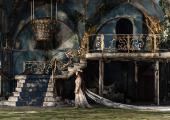Andsnes, LPO, Jurowski, RFH review - dazzling symphonic contrasts, plus oddities
Stunning articulation in generous helpings of Stravinsky with Shostakovich and Debussy
Kudos, as ever, to Vladimir Jurowski for making epic connections.

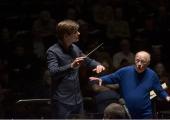
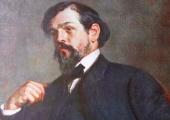
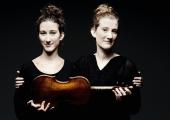
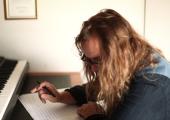
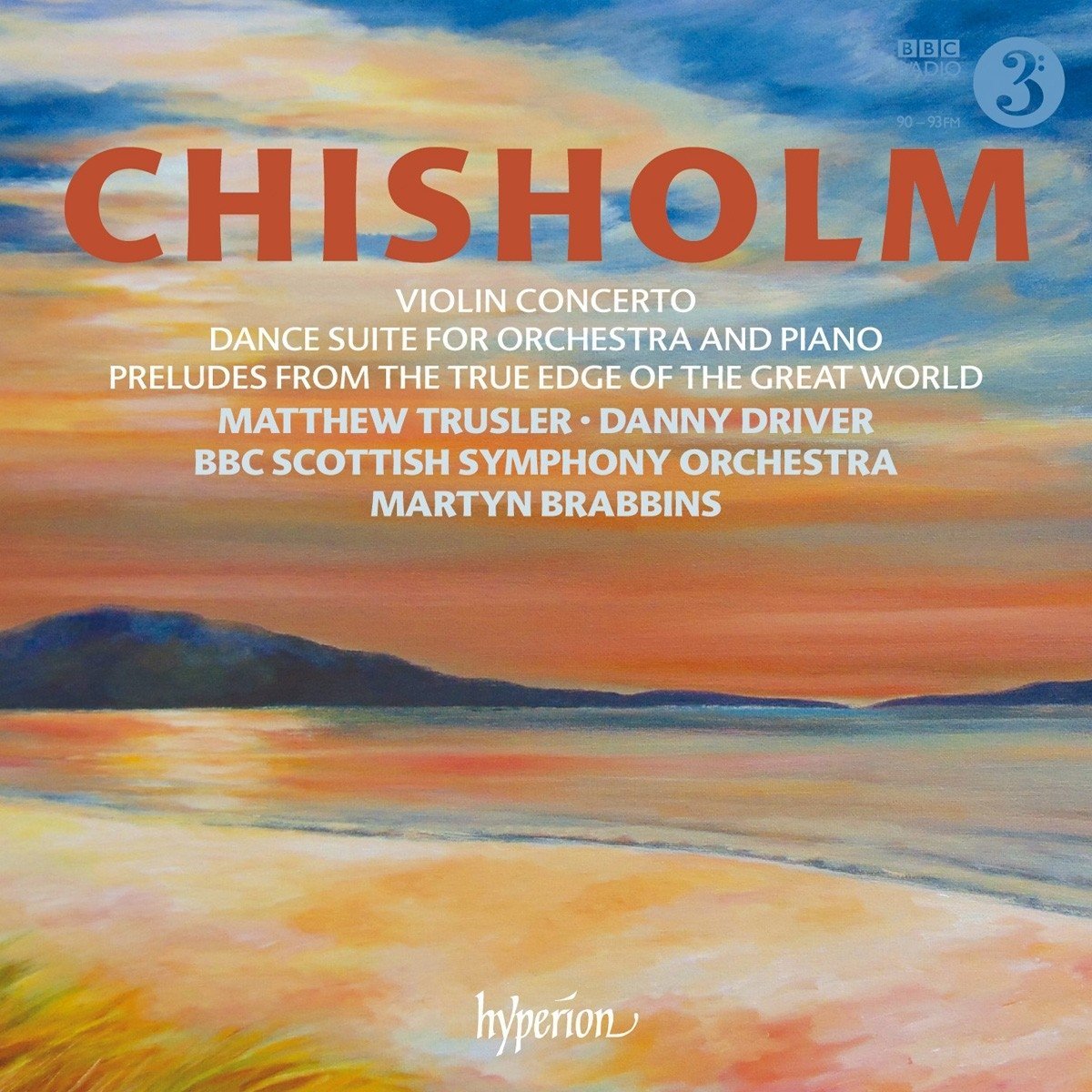 Erik Chisholm: Violin Concerto, Dance Suite for orchestra and piano, From the True Edge of the Great World Matthew Driver (violin), Danny Driver (piano), BBC Scottish Symphony Orchestra/Martyn Brabbins (Hyperion)
Erik Chisholm: Violin Concerto, Dance Suite for orchestra and piano, From the True Edge of the Great World Matthew Driver (violin), Danny Driver (piano), BBC Scottish Symphony Orchestra/Martyn Brabbins (Hyperion)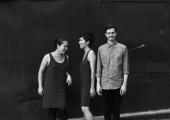
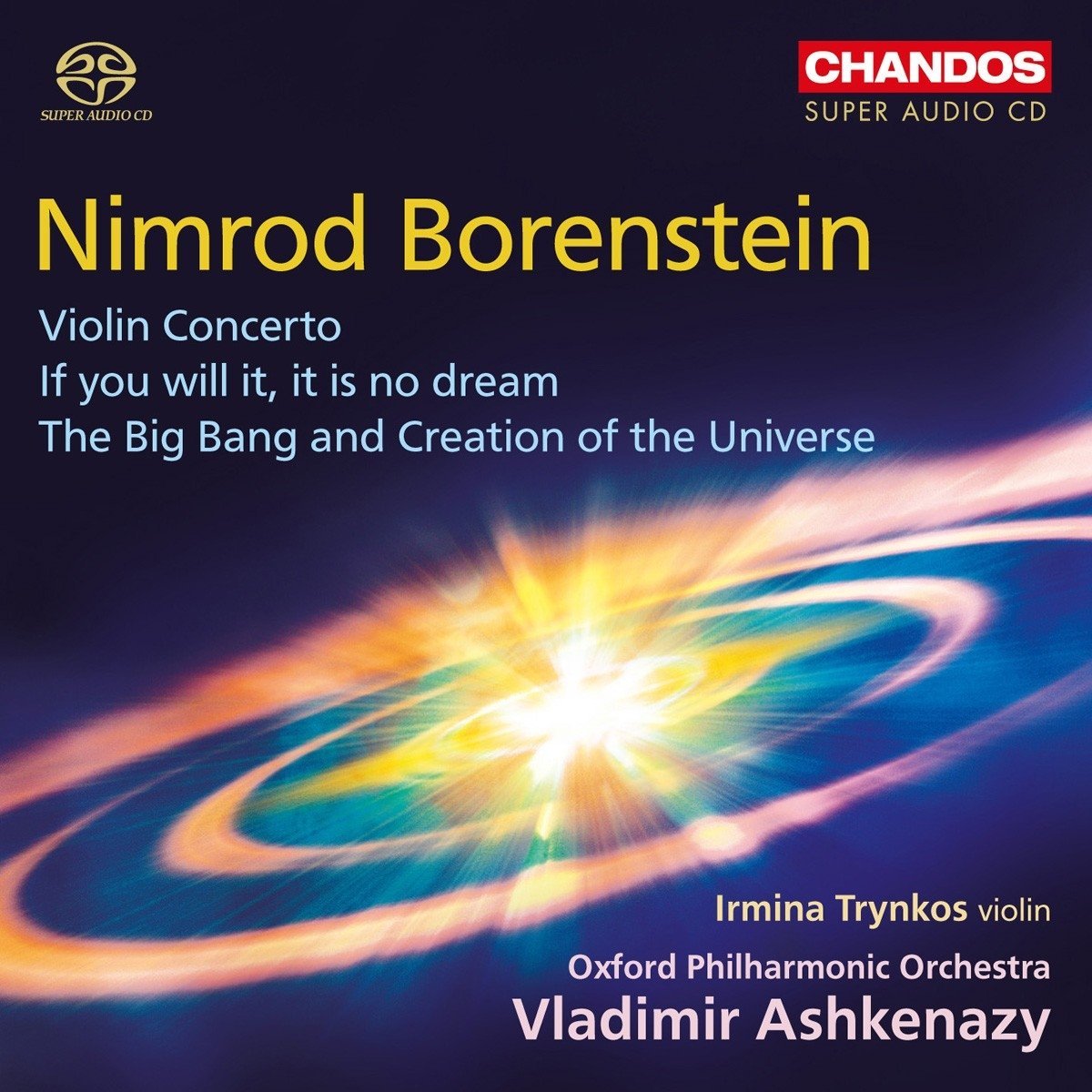 Nimrod Borenstein: Violin Concerto, The Big Bang and Creation of the Universe, If You Will It, It Is No Dream Oxford Philharmonic Orchestra/Vladimir Ashkenazy, with Irmina Trynkos (violin) (Chandos)
Nimrod Borenstein: Violin Concerto, The Big Bang and Creation of the Universe, If You Will It, It Is No Dream Oxford Philharmonic Orchestra/Vladimir Ashkenazy, with Irmina Trynkos (violin) (Chandos)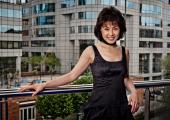
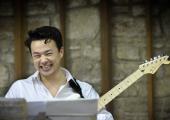
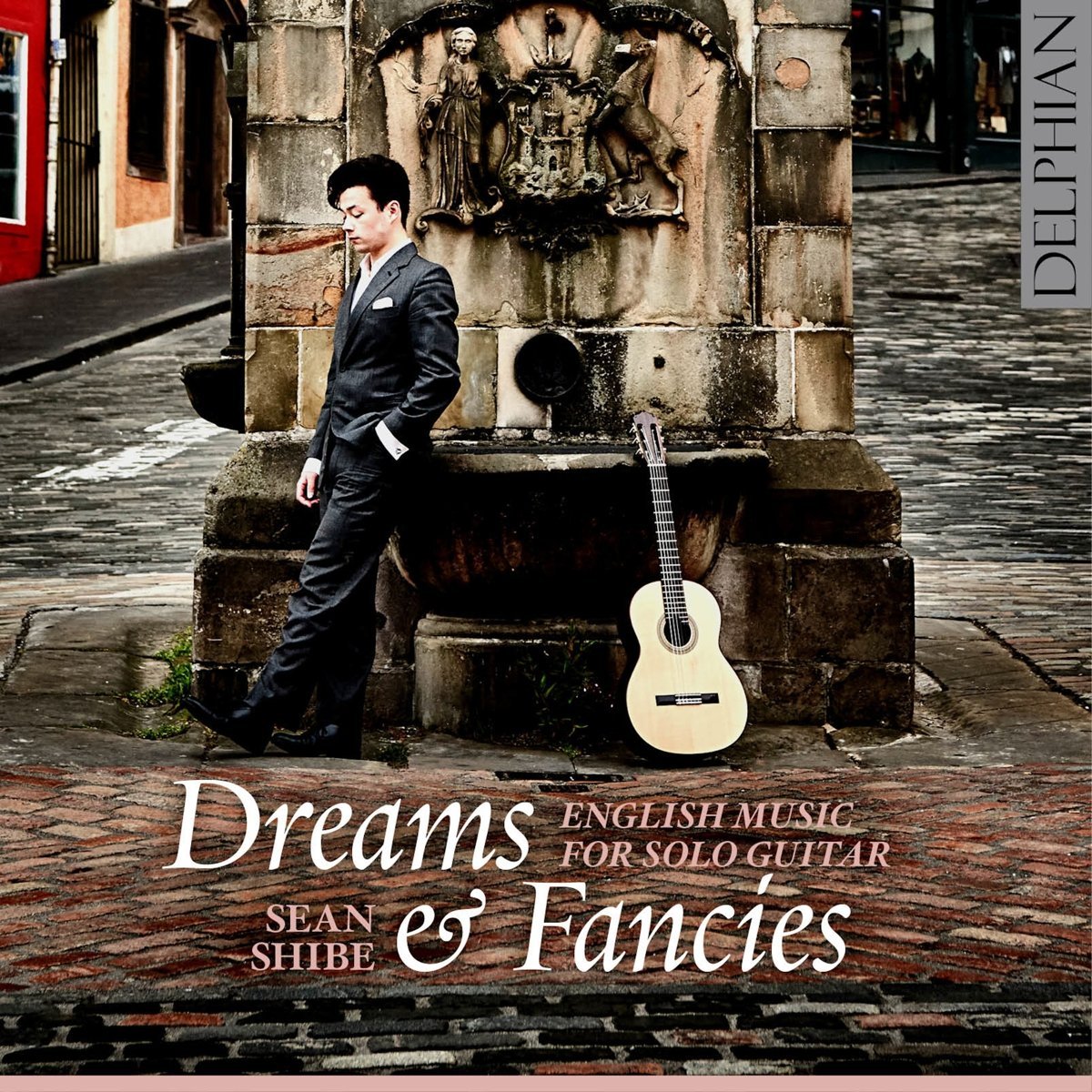 Dreams & Fancies – English music for solo guitar Sean Shibe (guitar) (Delphian)
Dreams & Fancies – English music for solo guitar Sean Shibe (guitar) (Delphian)
